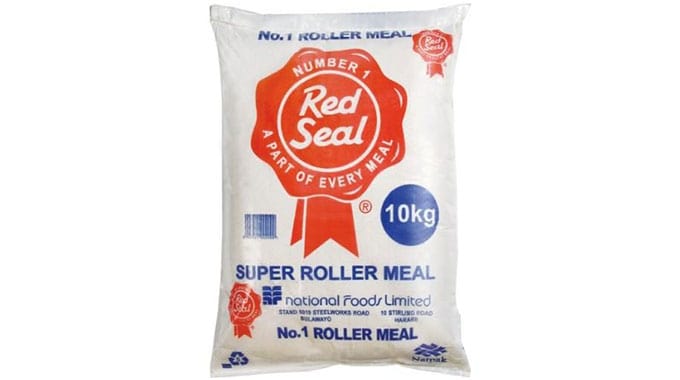The Government of Zimbabwe is on the verge of increasing the prices of subsidised roller meal amid an acute shortage of grain in a country once revered as ‘the breadbasket of Southern Africa’.
This also comes in the wake of last week’s review of the maize producer price from $4 000 to $6 958 per tonne. The country is facing serious grain shortages and in the event that the envisaged price hike sees the light of the day, as is most likely, it will be the second time in less than a month that the subsidised mealie-meal prices have been increased.

Last month, the Government reviewed the price of a 10kg bag of mealie-meal from $50 to $70.
Previously selling at $150 as of last week, Super refined mealie-meal is now pegged at $180. Zimbabwean leader Emmerson Mnangagwa restored the subsidy on maize meal in a bid to ensure that citizens have access to relatively cheaper basic foodstuffs and also cushion them against the biting economic challenges bedevilling the country.
There have also been reports that some retailers are hoarding the subsidised maize meal which they stock with the idea of selling it at unjustifiable prices. Whilst most shops have not been releasing the subsidised mealie-meal, the commodity is readily available on the thriving black market.

Defiantly, Industry and Commerce Deputy Minister Raj Modi maintains that the prevailing shortages will soon become a thing of the past after the mooted maize meal price hike.
“The problem with the millers is that they are working on the new price. They have the mealie-meal; they should be announcing the new prices to retailers. I think that is what has caused the shortage, the mealie-meal is there but what is left is for is the new price. Up to last week, it was going on very well. There was a lot of mealie-meal around up until the last two days because of the new GMB prices,” Modi said.
Meanwhile, the Grain Millers Association of Zimbabwe (GMAZ) media and public relations manager Garikai Chaunza has said millers will meet on Thursday and make a statement on the new prices.
“After the Thursday’s meeting, we will issue a statement,” said Mr Chaunza.
Zimbabwe is now pinning its hopes on imported drought relief grain as the country continues to battle under deteriorating economic conditions amid a woeful 2019/20 cropping season characterised by shortages of rainfall.
“Reports from Ambassador (Douglas) Nyikayaramba in Maputo indicate that more drought relief grain is bound for Zimbabwe from STEMA in Maputo with 259 wagons dispatched to Bulawayo to date. A balance of 143 wagons is outstanding to clear this whole consignment,” said the Ministry of Foreign Affairs and International Trade in a tweet.
State Media














